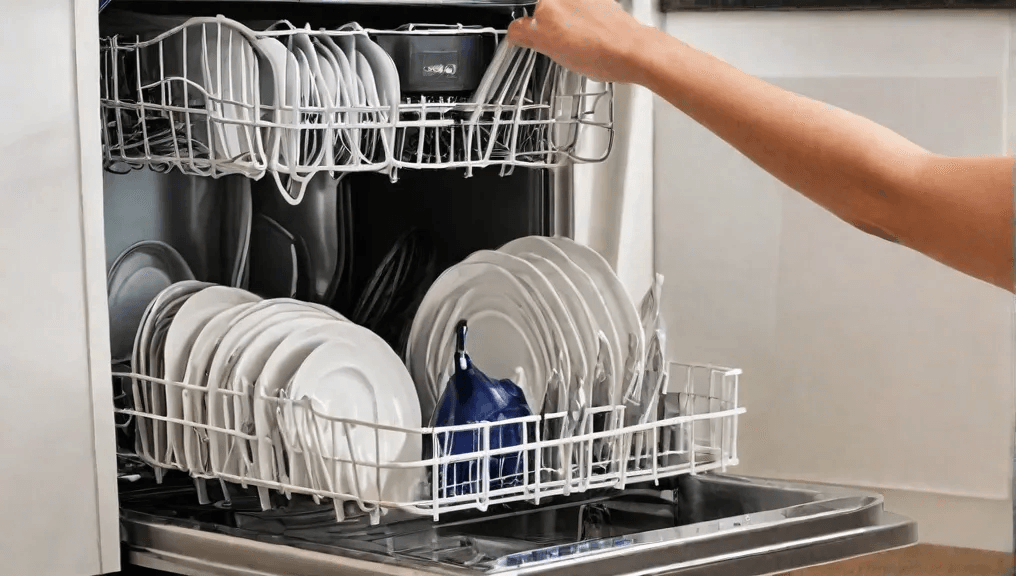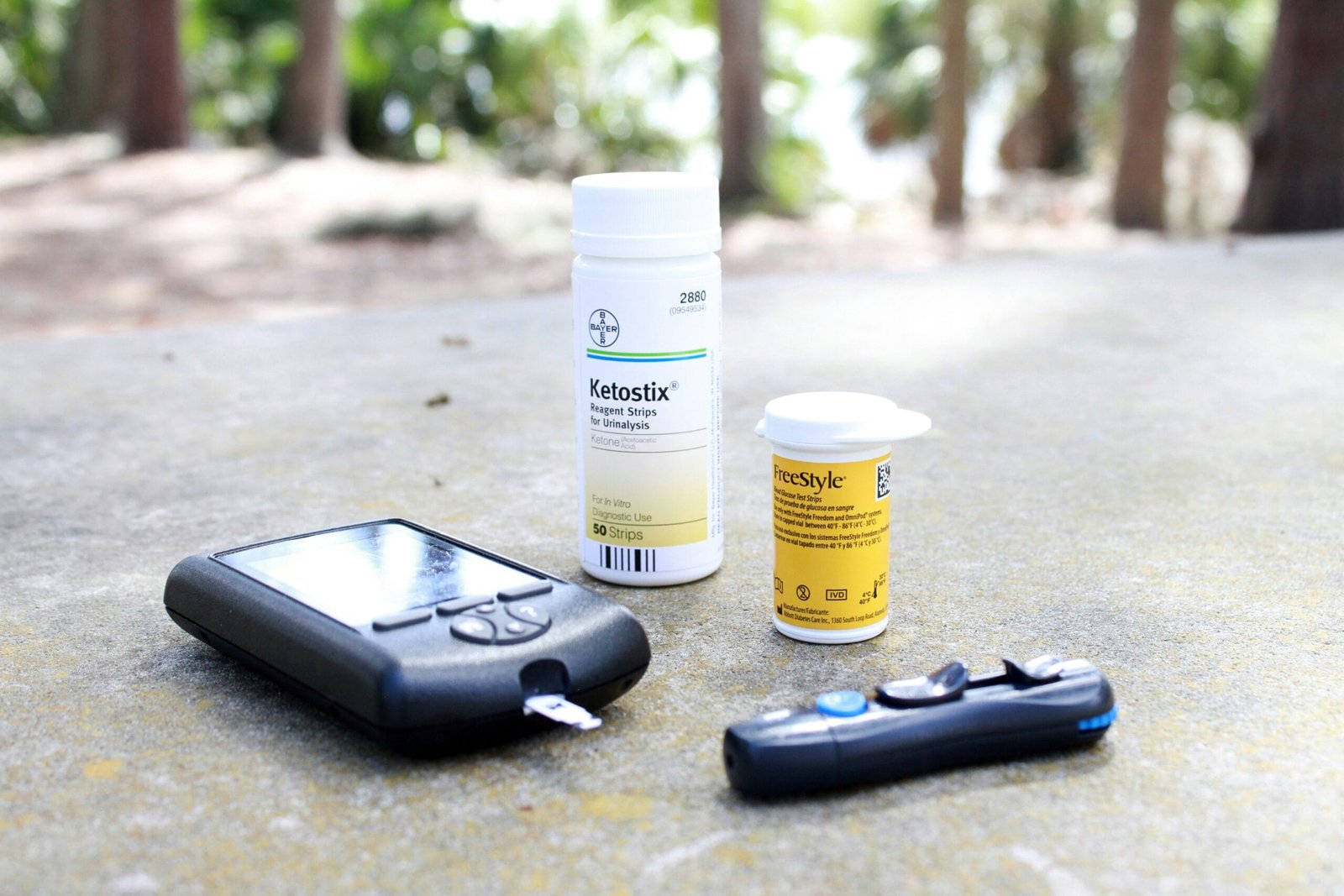Introduction: Understanding Dishwasher Limitations
Dishwashers have revolutionized kitchen cleanup, offering a convenient and efficient way to handle the aftermath of cooking and dining. However, while these appliances are designed to tackle a wide range of dishes, they are not universally suitable for all types of kitchenware and household items. Understanding the limitations of dishwashers is crucial to avoid potential risks and damage that can occur when inappropriate items are washed in them.

Please, read our post and do not forget to check our YouTube channel “Grig Stamate”:
https://www.youtube.com/@GrigStamate
You will find there, thousands of designing, furnishing, and decorating ideas for your home interior and outdoors.
Allow me to mention one of them:
Best Modern Kitchens | Interior Design Ideas #1 (video)
One of the key reasons to be cautious about what goes into the dishwasher is the high temperature and vigorous water jets used during the cleaning cycle. These conditions, although effective for removing food residues, can cause certain materials to warp, discolor, or even break. For instance, delicate glassware and fine china can become etched or cracked, while wooden utensils and cutting boards may split or lose their finish.
Moreover, some metals, like aluminum and copper, can react adversely to the dishwasher’s detergents and heat, leading to dullness or discoloration. Non-stick cookware is another category of items that can suffer in the dishwasher; the intense environment can degrade the non-stick coating, compromising its effectiveness and potentially releasing harmful chemicals.
Additionally, certain plastic items may not be able to withstand the high temperatures, leading to warping or melting, which not only damages the item but can also affect the dishwasher’s performance. Even items with intricate designs or small parts, such as decorative ceramics or kitchen gadgets, can be at risk of damage or loss within the machinery.
By being mindful of these limitations and choosing to hand-wash certain kitchenware, you can significantly extend the lifespan and functionality of your items. This practice ensures that your kitchen essentials remain in excellent condition, providing reliable service for years to come.
Wooden Utensils and Cutting Boards
Wooden kitchenware, including utensils, cutting boards, and bowls, should never be washed in the dishwasher. The high heat and prolonged exposure to water in dishwashers can be detrimental to these items. Wood is a porous material, and excessive moisture can cause it to swell, crack, and warp. The intense heat of a dishwasher can further exacerbate these issues by stripping the wood of its natural oils, leading to a brittle surface and ultimately a shortened lifespan for your wooden kitchenware.
Proper maintenance of wooden utensils and cutting boards is crucial to ensure their longevity and functionality. Hand-washing is the recommended method for cleaning these items. Use mild soap and warm water to gently scrub away food particles and stains. Avoid soaking wooden items in water for extended periods, as this can lead to water absorption and potential damage. Once cleaned, it is essential to dry them thoroughly with a clean towel to remove any excess moisture.
To further maintain the integrity of wooden kitchenware, consider conditioning them periodically with food-safe mineral oil or beeswax. This helps to replenish the natural oils lost over time and provides a protective barrier against moisture. Simply apply a small amount of oil or wax to a soft cloth and rub it into the wood, allowing it to absorb fully before wiping off any excess.
By following these simple hand-washing and maintenance tips, you can preserve the beauty and functionality of your wooden utensils, cutting boards, and bowls for years to come. Ensuring proper care not only extends their lifespan but also maintains their aesthetic appeal and enhances the overall cooking experience.
Cast Iron Cookware
Cast iron cookware, including skillets, pots, and pans, should never be placed in the dishwasher due to the unique care requirements of this material. The dishwasher’s harsh detergents and high temperatures can strip away the seasoning layer, which is essential for the non-stick properties and protection against rust.
Seasoning refers to the layer of polymerized oil that forms on the surface of cast iron during the cooking process. This layer not only imparts non-stick qualities but also acts as a protective barrier against moisture, thereby preventing rust. Dishwashers, with their aggressive cleaning agents and intense heat cycles, can erode this delicate seasoning, leaving the cast iron exposed and vulnerable to rust.
To maintain the integrity and longevity of cast iron cookware, it is crucial to adhere to proper cleaning methods. Start by rinsing the cookware with warm water immediately after use. Avoid using soap, as it can break down the seasoning. Instead, use a brush or sponge to gently scrub away food particles. For stubborn residues, a mixture of coarse salt and a small amount of water can be used to create an abrasive paste for scrubbing.
After cleaning, thoroughly dry the cast iron to prevent any moisture from causing rust. It is advisable to place the cookware on a stovetop over low heat to ensure all moisture evaporates. Once dry, apply a thin layer of oil to the surface using a paper towel. This step is essential for maintaining the seasoning and providing a protective coat that guards against rust.
By following these cleaning guidelines, you can ensure that your cast iron cookware remains in excellent condition, providing reliable performance and durability for years to come. Remember, the dishwasher may be convenient, but it is not a friend to your cherished cast iron pieces.
Delicate Glassware and Crystal
Delicate glassware and crystal items are often prized possessions, cherished for their beauty and elegance. However, these fragile items are not well-suited for the dishwasher. The intense water pressure and high temperatures inside a dishwasher can cause significant damage. These conditions may lead to chipping, cracking, or even shattering of delicate glassware. Additionally, the harsh detergents used in dishwashers can cause clouding on the surface of crystal, diminishing its clarity and brilliance.
To preserve the integrity and appearance of delicate glassware and crystal, it is best to hand-wash these items. Use a gentle detergent that is specifically formulated for delicate dishes. Employ a soft cloth or sponge to clean the surfaces, ensuring that you handle them with care to avoid any inadvertent damage. After washing, rinse thoroughly to remove any soap residue.
Drying is another critical step in the care of delicate glassware and crystal. Rather than allowing these items to air dry, which can leave spots and streaks, use a lint-free towel to gently dry them. This method not only helps to maintain their shine but also prevents water spots from forming.
Proper storage is equally important to prevent damage to these fragile items. Store delicate glassware and crystal in a secure location where they are not at risk of being knocked over or bumped. Consider using padded storage containers or placing a soft cloth between items to provide additional protection. When stacking, ensure that heavier items are not placed on top of more delicate ones.
By following these best practices, you can ensure that your delicate glassware and crystal remain in pristine condition, preserving their beauty and functionality for years to come. Hand-washing, gentle drying, and careful storage are the keys to maintaining these treasured items.
Other related posts from our website:
https://howtobuildahouseblog.com/tips-to-paint-your-kitchen-appliances/
https://howtobuildahouseblog.com/frigidaire-professional-a-giant-among-small-kitchen-appliances/
https://howtobuildahouseblog.com/how-to-clean-your-kitchen-appliances/
Thank you so much for your attention.
Stay tuned. We will upload many other amazing posts to our website and videos onto our YouTube channel.
Thank you so much.
for your time and attention.
Best Regards
See you to another post,
Bye, Bye



No Responses